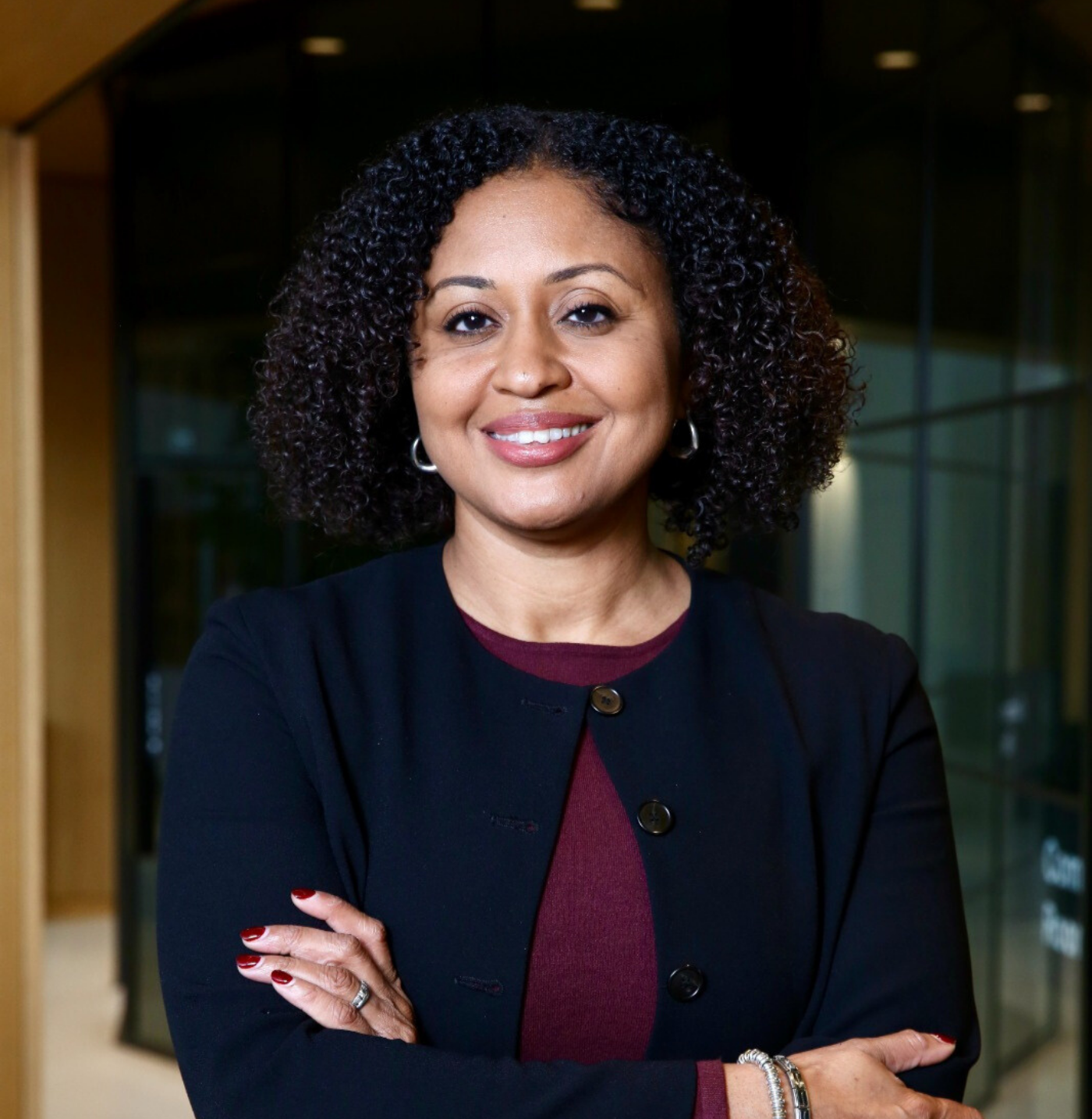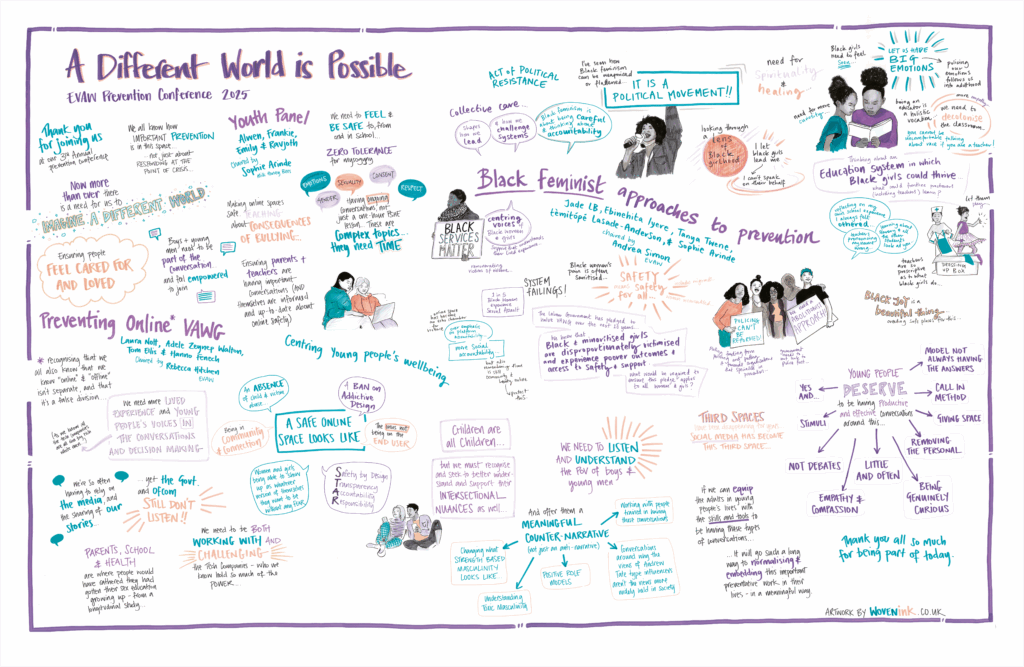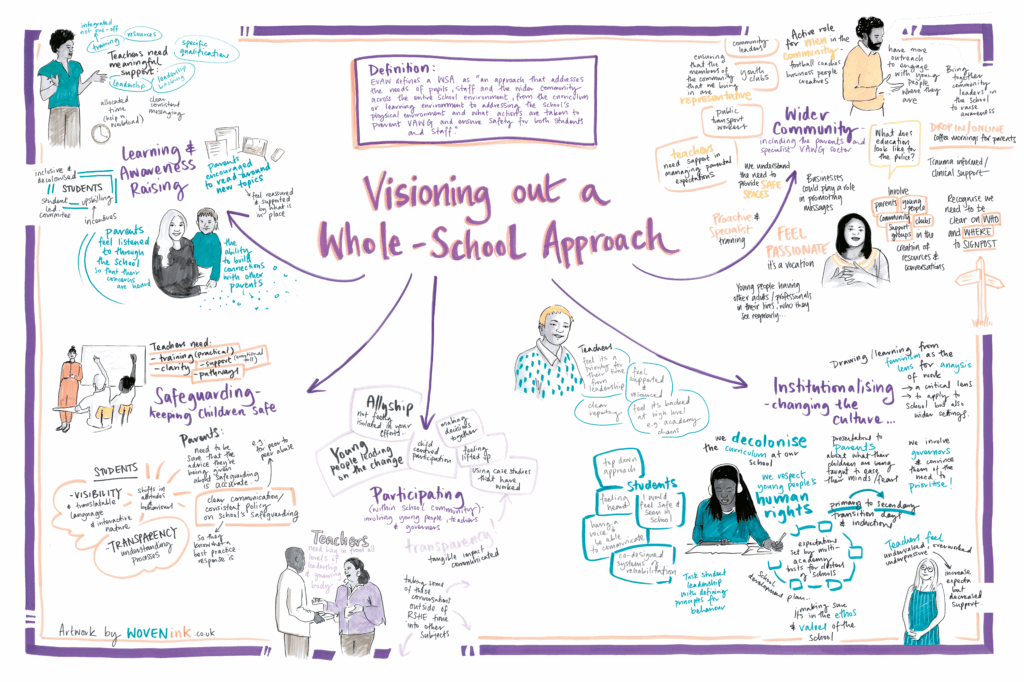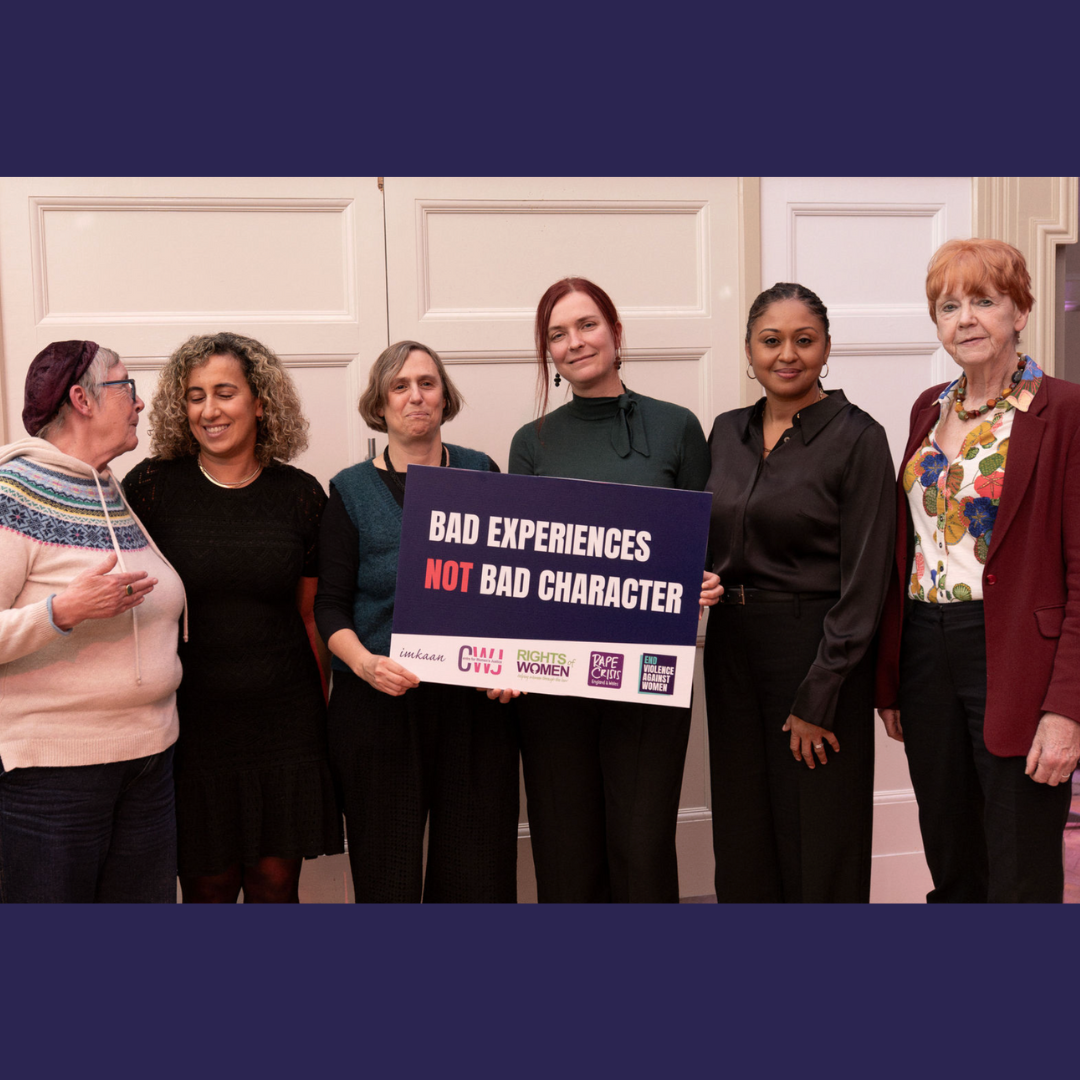 19 Dec
19 Dec
This week (22nd October 2025), the End Violence Against Women Coalition held our third annual Prevention Conference. With the theme “A Different World Is Possible”, we explored the steps needed to make this ambition a reality.
The conference brought together members of our Prevention Network and sector partners, from writers and academic researchers to frontline practitioners, all of whom shared valuable insights on how we can end violence against women and girls in all its forms.
Re-imagining school and the internet
We had an incredible start to the day with our youth panel, chaired by Sophie Arinde from Milk Honey Bees and featuring inspiring young speakers Alwen from Girlguiding, Frankie and Emily from Let Me Know, and Ravjoth from Action Breaks Silence. They shared their vision for a reimagined education system where the safety and wellbeing of young people are prioritised, discussed how schools can engage men and boys in tackling gender-based violence through quality education, and explored what government and tech companies can do to make online spaces safer and less divisive. When asked what they would do as Prime Minister, the young panellists agreed that prevention must begin with education, focusing on consent, respect, and online safety.
Black feminist approaches to prevention
“We cannot separate race from gender, or trauma from power.”
The second panel focused on Black feminist approaches to preventing violence, featuring Jade LB, author of ‘Keisha the Sket’, Sophie Arinde and Ebinehita Iyere from Milk Honey Bees, Tanya Twene from Women and Girls Network, and tèmítópé lasade-anderson from Glitch. This incredible discussion explored how Black feminist theory can guide our collective work to end male violence, and liberate us all. The panel reflected on what’s needed in frontline practice and in education for Black girls to be given the ‘space and grace’ to exist, to thrive, and allowed to have big emotions which are normal for their age – to disrupt the policing of black childhoods which too often continues into adulthood. A great case was made for decolonising the classroom and the curriculum, with teachers called to recognise that they too can be taught by young people if they can meet students with care and curiosity – affirming Black girls, and allowing Black girls to play and explore their wants as every child deserves.
Preventing online VAWG
“From our research, 70% of young people got information about sexual violence from TikTok. How do we direct them to more credible sources?”
Our final panel examined the prevention of online violence against women and girls, with contributions from Hanno Fenech from the Centre for Countering Digital Hate, Tom Ellis from Movember, Laura Nott from the Lucy Faithfull Foundation, and Adele Zeynep Walton, author of ‘Logging Off: The Human Cost of Our Digital World’. The panellists emphasised the need for tech companies to deliver safety by design, particularly when developing algorithms, and noted that drawing a line between the online and offline worlds is increasingly unhelpful, as the two are so deeply intertwined. They also referred to points raised in the Black feminist approaches panel, highlighting how the internet is not ‘race-neutral’, and policies that fail to acknowledge this ignore the systemic abuse faced by Black and minoritised social media users. The panel also discussed how we can counter the harmful messaging directed at young men and boys online.
Delivering a ‘whole school approach’ to ending VAWG
“Many of us are trying to do this work in less-than-ideal contexts. The structures we’re working within can make applying a whole-school approach challenging.”
In the afternoon, we held two fantastic and energising workshops led by EVAW’s Annie Poland and Natasha Eeles from Bold Voices. These sessions explored how to implement a whole school approach and how to navigate difficult conversations with young people, a crucial tool in today’s climate of online misogyny and misinformation.
We’re incredibly grateful to our inspiring panellists, including the young people who shared their hopes for the future, and all the enthusiastic attendees who contributed with empathy, expertise, and optimism. We left feeling hopeful that a different world is possible – and the freedom from male violence against women and girls is within our grasp.


Visual note-taking by Woven Ink
Recommended ARTICLES
 19 Dec
19 Dec
 18 Dec
18 Dec
 03 Dec
03 Dec

